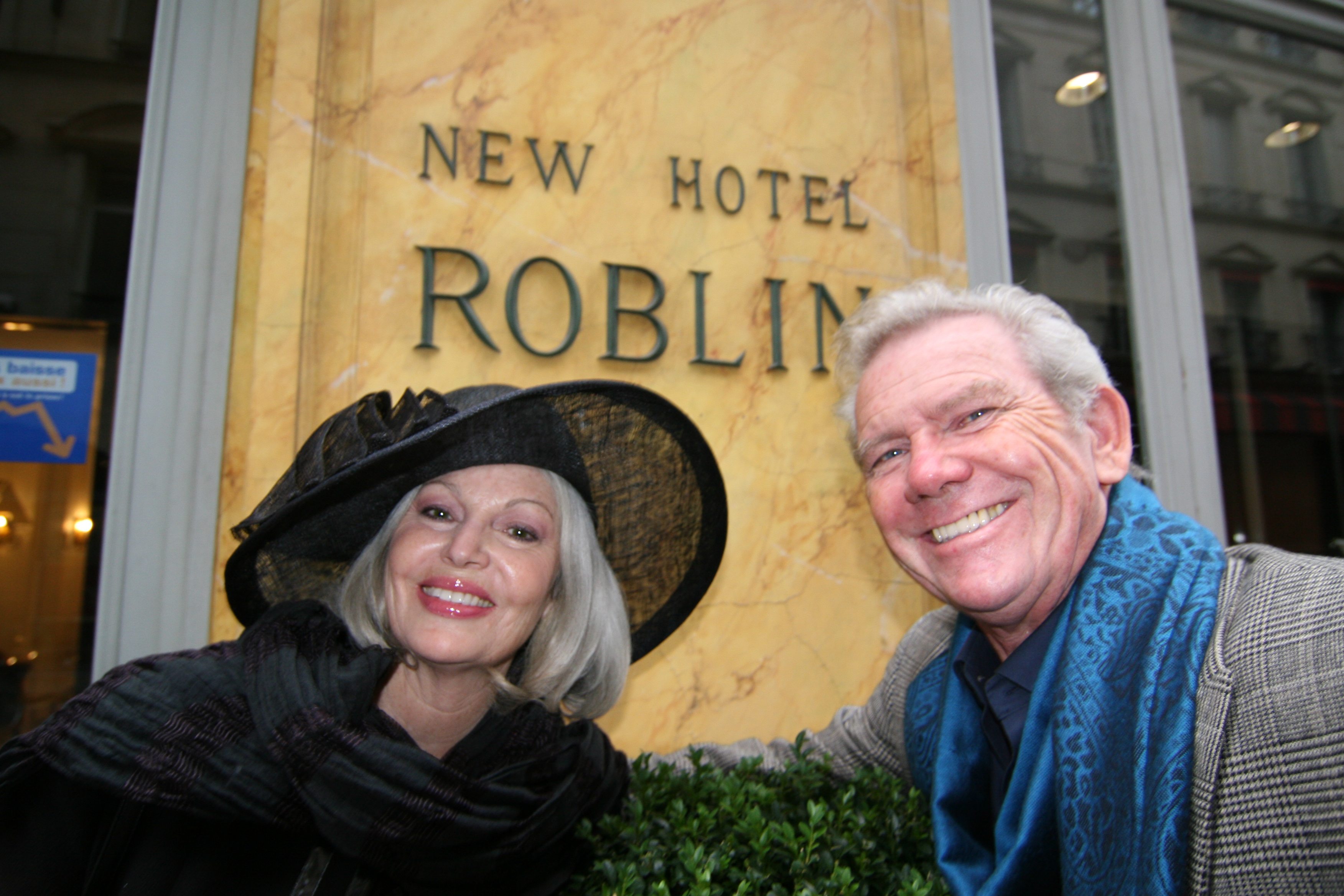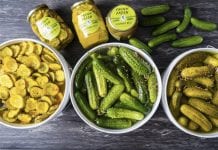A New APP for Apple
by Nancy Chuda Founder and Editor in Chief of LuxEcoLiving and Co-founder of Healthy Child Healthy World.
An Apple A Day Won’t Keep The Arsenic Away in China.

Steve Jobs might find a way to cut to the core of a major human rights issue impacting the health of children who get their daily dose of vitamins from eating apples. You can write to him sjobs@apple.com and let him know he’s got to get on this issue ASAP.
Apples and apple juice are a major part of child’s diet. You can’t raise a child without apples. Not just children. Adults benefit from eating apples for a variety of reasons:
Bone Protection
French researchers found that a flavanoid called phloridzin that is found only in apples may protect post-menopausal women from osteoporosis and may also increase bone density. Boron, another ingredient in apples, also strengthens bones.
Asthma Help
One recent study shows that children with asthma who drank apple juice on a daily basis suffered from less wheezing than children who drank apple juice only once per month. Another study showed that children born to women who eat a lot of apples during pregnancy have lower rates of asthma than children whose mothers ate few apples.
Alzheimer’s Prevention
A study on mice at Cornell University found that the quercetin in apples may protect brain cells from the kind of free radical damage that may lead to Alzheimer’s disease.
Lower Cholesterol
The pectin in apples lowers LDL (“bad”) cholesterol. People who eat two apples per day may lower their cholesterol by as much as 16 percent.
Lung Cancer Prevention
According to a study of 10,000 people, those who ate the most apples had a 50 percent lower risk of developing lung cancer. Researchers believe this is due to the high levels of the flavonoids quercetin and naringin in apples.
Breast Cancer Prevention
A Cornell University study found that rats who ate one apple per day reduced their risk of breast cancer by 17 percent. Rats fed three apples per day reduced their risk by 39 percent and those fed six apples per day reduced their risk by 44 percent.
Colon Cancer Prevention
One study found that rats fed an extract from apple skins had a 43 percent lower risk of colon cancer. Other research shows that the pectin in apples reduces the risk of colon cancer and helps maintain a healthy digestive tract.
Liver Cancer Prevention
Research found that rats fed an extract from apple skins had a 57 percent lower risk of liver cancer.
Diabetes Management
The pectin in apples supplies galacturonic acid to the body which lowers the body’s need for insulin and may help in the management of diabetes.
Weight Loss
A Brazilian study found that women who ate three apples or pears per day lost more weight while dieting than women who did not eat fruit while dieting.
But what happens when the risks associated with detectable levels of arsenic outweigh the nutritional benefits?
Testing by a local consumer group has found elevated levels of arsenic in Mott’s apple juice, renewing calls by a food safety group for tighter standards on imported foods.
The Rochester-based Empire State Consumer Project arranged for laboratory analysis of five brands each of apple juice and apple sauce, including Wegmans brands.
No arsenic was detected in any of the samples except for Mott’s juice — but it contained more than five times the level of arsenic allowed in drinking water.
Judy Braiman, head of the consumer project, said Mott’s, like some other juice makers, uses apple concentrate from China in its products. Arsenic-based pesticides, no longer applied to apples in this country, are still used in Chinese orchards, she said, and the toxic metal can find its way into apple products.
Years ago, my dear friend Meryl Streep along with “Mothers and Others For a Livable Planet” co-founder Wendy Gordon Rockefellar brought Alar (daminozide) to the attention of American mothers.


Children were unknowingly consuming a dangerous pesticide, known as a growth enhancer on apples. Consumers were buying apples laced with a substance known as “rocket fuel.”
According to Environmental Working Group, prior to 1989, five separate, peer-reviewed studies of Alar and its chemical breakdown product, unsymmetrical dimethylhydrazine (UDMH), had found a correlation between exposure to the chemicals and cancerous tumors in lab animals. In 1984 and again in 1987, the EPA classified Alar as a probable human carcinogen. In 1986, the American Academy of Pediatrics urged the EPA to ban it. Well before the 60 Minutes broadcast, public concern had already led six national grocery chains and nine major food processors to stop accepting apples treated with Alar. Washington State growers had pledged to voluntarily stop using it (although tests later revealed that many did not). Maine and Massachusetts had banned it outright.
In 1989, following the CBS broadcast, the United States Environmental Protection Agency (EPA) decided to ban Alar on the grounds that “long-term exposure” posed “unacceptable risks to public health.” However before the EPA’s preliminary decision to ban all food uses of Alar went into effect, Uniroyal, the sole manufacturer of Alar, agreed in June 1989 to halt voluntarily all domestic sales of Alar for food uses.
The Alar debate led Meryl and others to testify before congress until the government declared it unsafe for human consumption.
Today, a circle of poison continues in other countries where dangerous chemicals are permitted to enter consumer products without public knowledge.
A recent study conducted by The Empire a consumer group’s findings are consistent with testing of nine boxed apple juices last year by the St. Petersburg Times newspaper, which found Mott’s to have the highest arsenic levels.
Mott’s has a major apple sauce, apple juice and apple concentration plant in Williamson, Wayne County. The Times’ testing found 35 parts per billion of arsenic in Mott’s juice. Braiman’s testing found 55 ppb.
The drinking water standard for arsenic is 10 ppb. But the U.S. Food & Drug Administration has not set standards for arsenic in juice products.
We look to countries like China, Argentina and Chile who supply concentrates with higher than average detectable level of arsenic. Spokesperson for Wegmans Food Markets Inc., Jo Natale claims,” “We recognize that for consumers and for us, some countries pose more of a concern than others in terms of their food safety system. One such country is China. “It’s not because that we ourselves have experienced a problem. It is because there are concerns.”
Due to public demand and right to know consumers can create urgency for the phase out of toxic materials and pesticides. One great resource is Beyond Pesticides a national not for profit organization based in Washington DC.
Just because you live in America doesn’t mean you get a clean bill of health when you eat apples nor will it keep the doctor away. You have to be vigilant and do your research.
One good reason to support USDA Organic Standards is the assurance of knowing whats on the crop. I checked in with Faerie Farms, an organic grower of apples and learned that they don’t use any synthetic chemicals or fertilizers.
All the more reason to buy locally grown organic apples preferably from your local farmers market.

It dawned on me that Steve Job’s had the right idea from the beginning. Now he might want to create a new app for Apple. One that would protect consumer’s health and right to know at the core.













